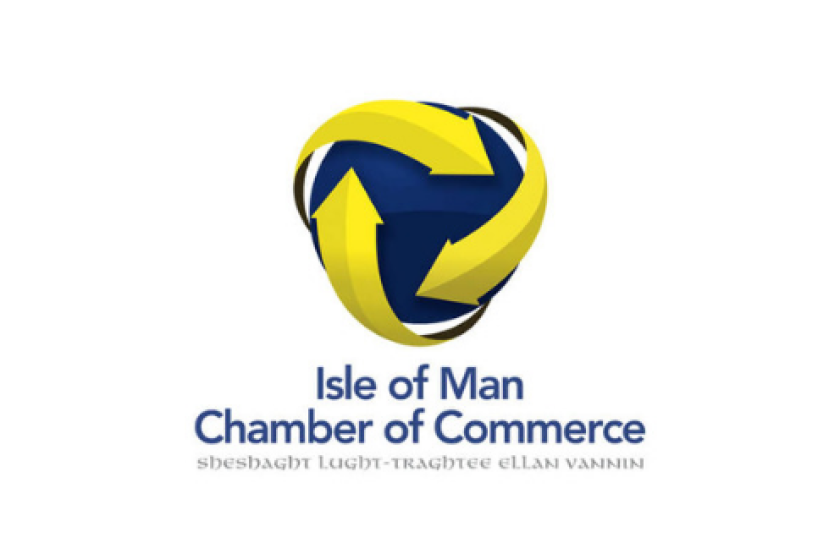Statement re IOM minimum wage proposals announced by DfE on January 15th | January 2025

22 January 2025
Isle of Man Chamber of commerce represents more than 500 organisations on the Island, including many small independent businesses and those in sectors such as retail and hospitality that would be most affected by the proposed minimum wage increases.
Chamber has been raising concerns with the Government for some time regarding the impact of multiple rising costs on our members and the wider business community. Last autumn the proposal was to increase the minimum wage to £13.73 per hour from April 2025. We are therefore pleased that Government has listened and proposed lower rates with a phased approach which gives businesses more time to adapt. However, at a time when so many SMEs are struggling, any increase in the minimum wage will inevitably have a significant impact.
Over the past year we have seen a number of independent local firms close, so the last thing anyone wants is minimum wage increases being another rising cost that leads to more businesses and jobs being lost. Some costs such as raw materials from the UK are beyond the Isle of Man’s control, but many others such as minimum and living wage rates, VAT, income tax and some energy tariffs are controlled by Isle of Man Government. Instead of increasing the minimum wage to help those most affected by the rising cost of living, there is an alternative option which is to increase the tax thresholds for lower paid workers. This would put more money in people’s pockets, and reduce the burden on businesses – especially those in the retail and hospitality sectors which have been hit hardest over the past five years.
If the proposals are approved in February then it’s essential that the Government introduce the increased support which has been promised to help businesses adapt. We would therefore appeal to Tynwald members to give careful consideration to whether this is the right time to increase the minimum wage – or whether it’s in the interests of employees, businesses and the economy to defer the first increase to later in the year
